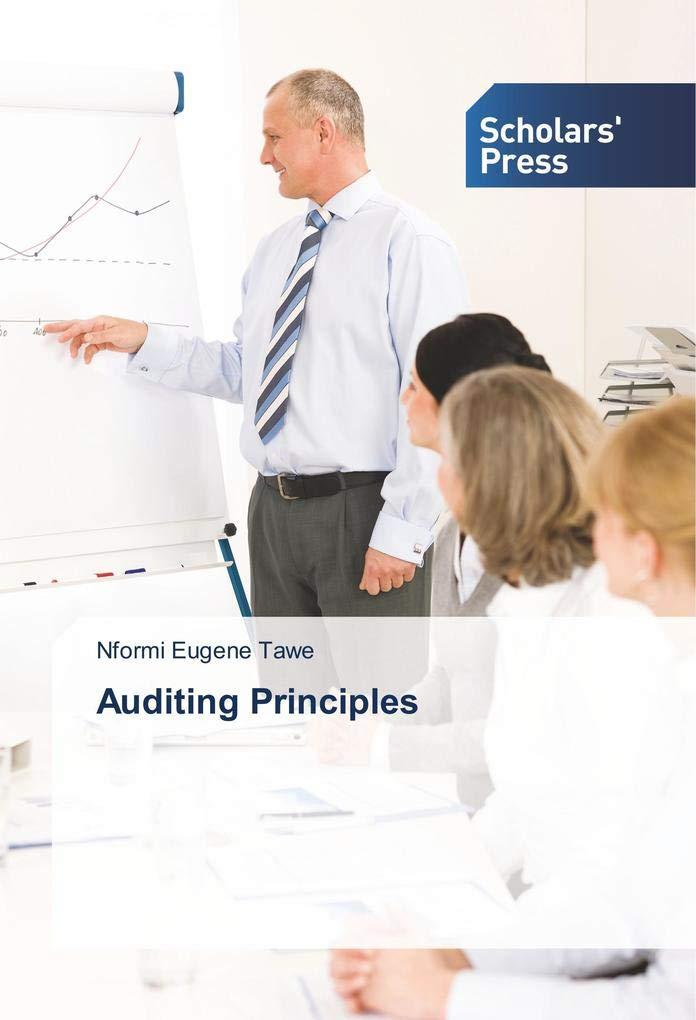







 Let me check the answers for all the three requirements.
Let me check the answers for all the three requirements.
2018 Jan. 1 Sold auto parts merchandise to R. Danny on account, $1,100, invoice no. 80, plus 16% sales tax. The cost of the merchandise was $660. 5 Sold auto parts merchandise to J. Murphy on account, $1,300, invoice no. 81, plus 16% sales tax. The cost of the merchandise was $910. 8 Sold auto parts merchandise to Lance Baker on account, $7,000, invoice no. 82, plus 16% sales tax. The cost of the merchandise was $4,900. 10 Issued credit memorandum no. 12 to R. Danny for $300 for defective auto parts merchandise returned from Jan. 1 transaction. (Be careful to record the reduction in Sales Tax Payable as well.) The cost of the merchandise was $210. 12 Sold auto parts merchandise to J. Murphy on account, $1,100, invoice no. 83, plus 16% sales tax. The cost of merchandise was $770. 1 Requirements 1. Journalize the transactions using the perpetual method of accounting for inventory. 2. Record to the accounts receivable subsidiary ledger and post to the general ledger as appropriate. 3. Prepare a schedule of accounts receivable for the end of January. The following transactions of Joe's Auto Supply occurred in January (Balances as of January 1 are given for general ledger and accounts receivable ledger accounts: Danny, $700 Dr.; Murphy, $550 Dr.; Baker, $450 Dr.; Accounts Receivable, $1,700 Dr.; Sales Tax Payable, $2,000 Cr. The balance of Merchandise Inventory is $7,600.): (Click the icon to view the transactions.) Read the requirements. Requirement 1. Journalize the transactions using the perpetual method of accounting for inventory. (Record debits first, then credits. Exclude explanations from journal entries. For purposes of this problem, ignore posting references.) January 1: Sold auto parts merchandise to R. Danny on account, $1,100, invoice no. 80, plus 16% sales tax. The cost of the merchandise was $660. Begin by recording the sale portion of the entry. Do not record the cost of the sale yet. We will do that in the following step. Journal Entry Date Account Titles PR Dr. Cr. Jan. Record the cost of the sale. Journal Entry Account Titles Date PR Dr. Jan. January 5: Sold auto parts merchandise to J. Murphy on account, $1,300, invoice no. 81, plus 16% sales tax. The cost of the merchandise was $910. Begin by recording the sale portion of the entry. Do not record the cost of the sale yet. We will do that in the following step. Journal Entry Account Titles Date PR Dr. Cr. Jan. Record the cost of the sale. Journal Entry Date Account Titles PR Dr. Jan. January 8: Sold auto parts merchandise to Lance Baker on account, $7,000, invoice no. 82, plus 16% sales tax. The cost of the merchandise was $4,900. Begin by recording the sale portion of the entry. Do not record the cost of the sale yet. We will do that in the following step. Journal Entry Date Account Titles PR Dr. Cr. Jan. Record the cost of the sale. Journal Entry Date Account Titles PR Dr. Cr. Jan. January 10: Issued credit memorandum no. 12 to R. Danny for $300 for defective auto parts merchandise returned from Jan. 1 transaction. (Be careful to record the reduction in sales tax payable as well.) The cost of the merchandise was $210. Begin by recording the receivable portion of the adjustment. Do not yet adjust for the cost of the merchandise returned. We will do that in the following step. Journal Entry Account Titles PR Dr. Cr. Date Jan. 10L Record the entry to adjust for the cost of the merchandise returned. Journal Entry Account Titles PR Dr. Cr. Date Jan. 100 January 12: Sold auto parts merchandise to J. Murphy on account, $1,100, invoice no. 83, plus 16% sales tax. The cost of merchandise was $770. Begin by recording the sale portion of the entry. Do not record the cost of the sale yet. We will do that in the following step. Journal Entry Account Titles PR Dr. Date Jan. 120 Record the cost of the sale. Journal Entry Date Account Titles PR Dr. Jan. Requirement 2. Record to the accounts receivable subsidiary ledger and post to the general ledger as appropriate. Start by recording to the accounts receivable subsidiary ledger. (Use transaction dates as transaction references and enter an ending balance for each account.) Review the journal entries from Requirement 1. Accounts Receivable Subsidiary Ledger L. Baker R. Danny 700 Jan. J. Murphy 550 Jan. Jan. 1 Jan. 1 Jan. 1 450 Jan. Bal. Bal. Bal. Bal. - Bal. Bal. Complete the partial general ledger. (Use transaction dates as posting references and enter an ending balance for each account.) Review the journal entries from Requirement 1. Partial General Ledger Accounts Receivable Sales Tax Payable Merchandise Inventory 1 7,600 Jan. Jan. 1 1,700 Jan. Jan. Jan Jan. 1 2,000 Bal. Bal. = Bal. Bal. Bal. Bal. Auto Parts Sales Sales Returns and Allowances Cost of Goods Sold Jan. Jan. Jan. Jan. Jan. Jan. Bal. Bal. - Bal. - Bal. - Bal. Bal. Requirement 3. Prepare a schedule of accounts receivable for the end of January. Review the accounts receivable subsidiary ledger from Requirement 2. Joe's Auto Supply Schedule of Accounts Receivable January 31, 2018 R. Danny J. Murphy Lance Baker Total Accounts Receivable








 Let me check the answers for all the three requirements.
Let me check the answers for all the three requirements. 





